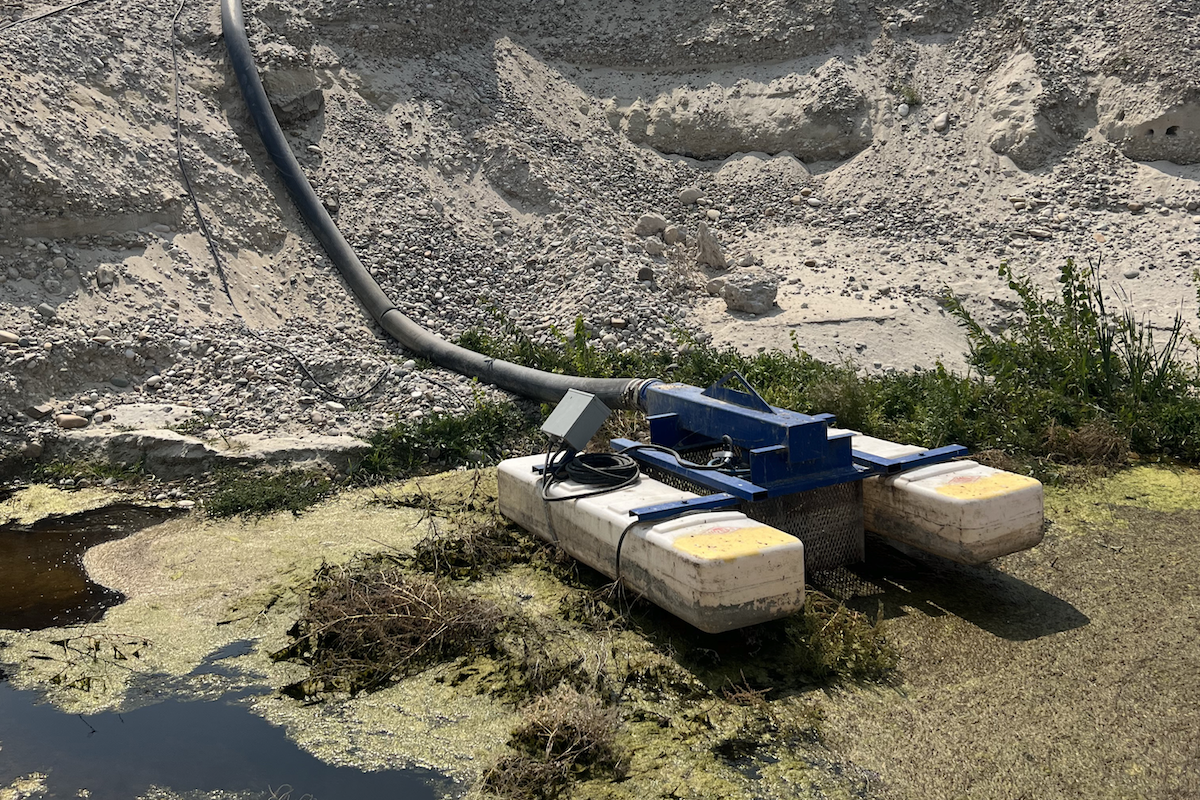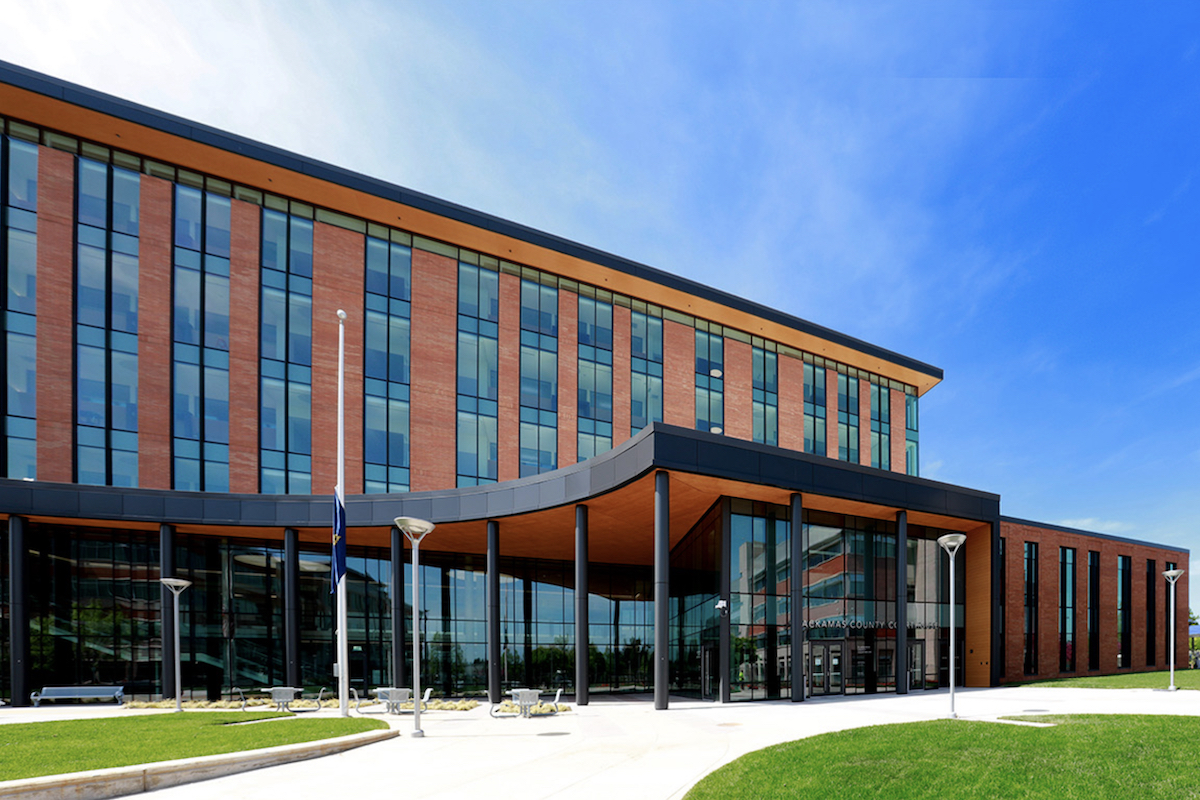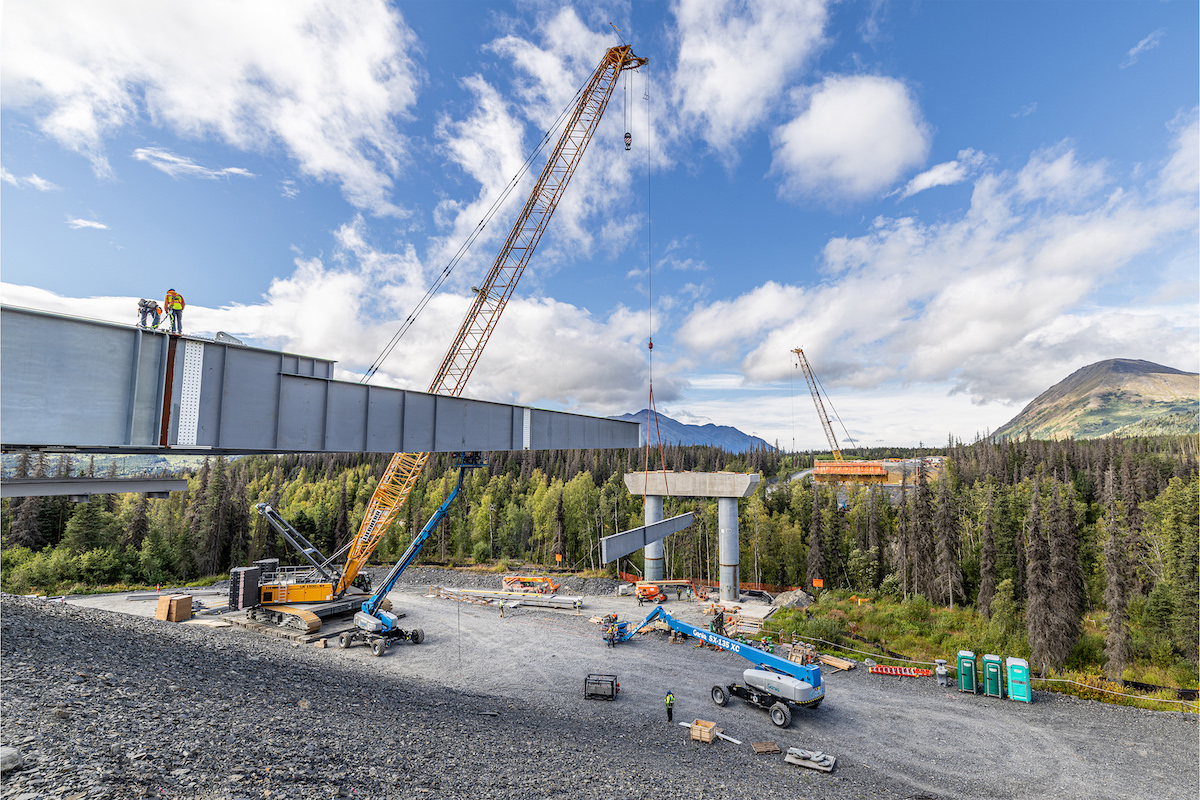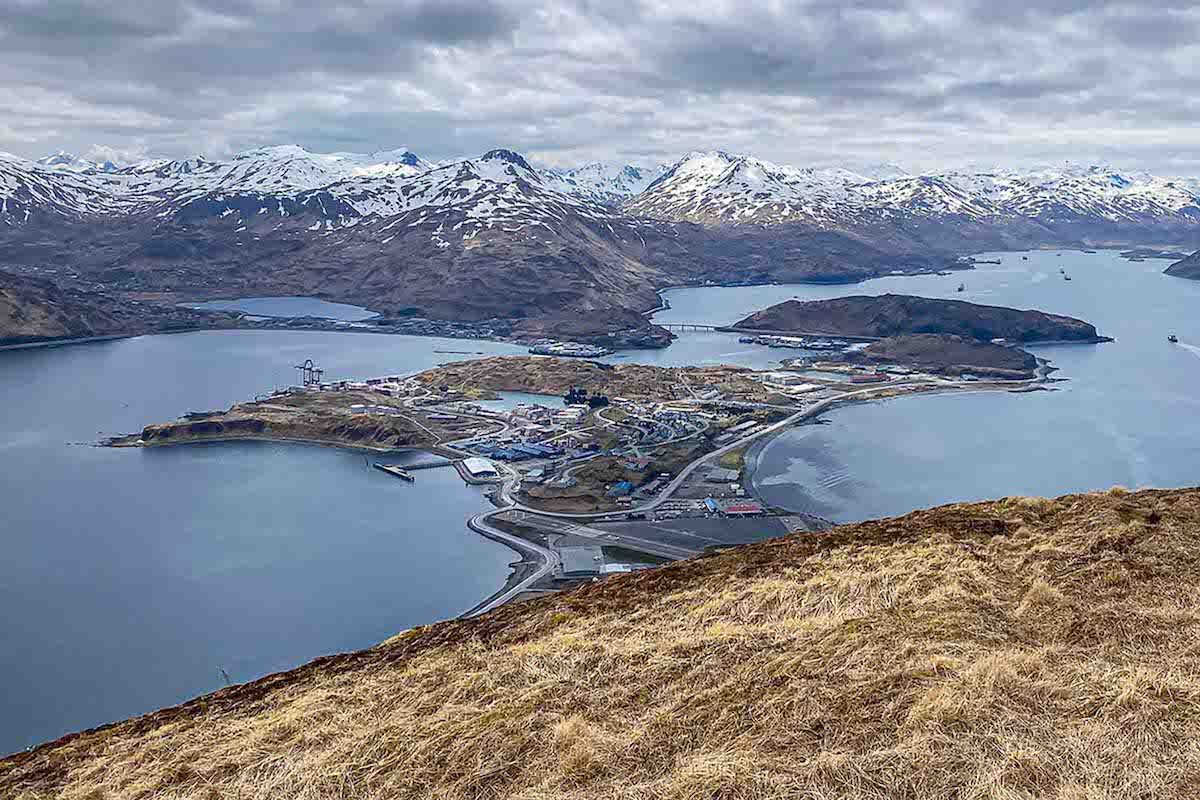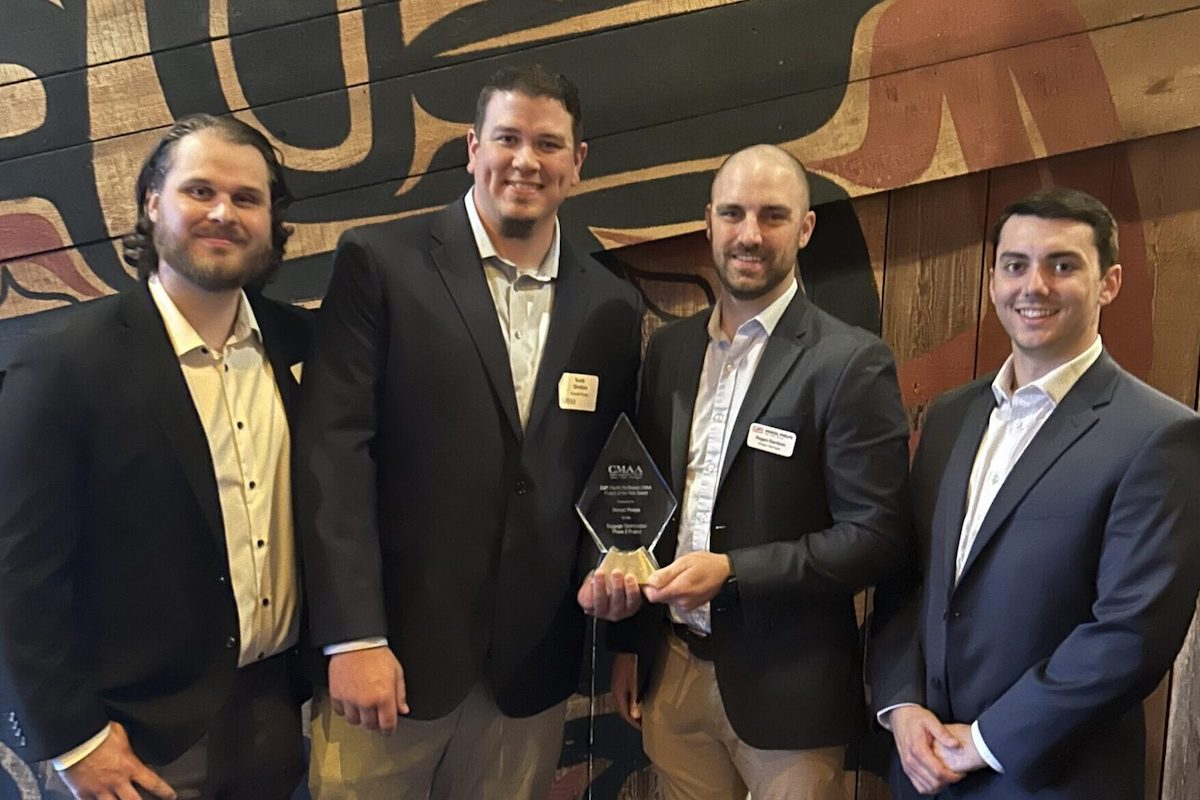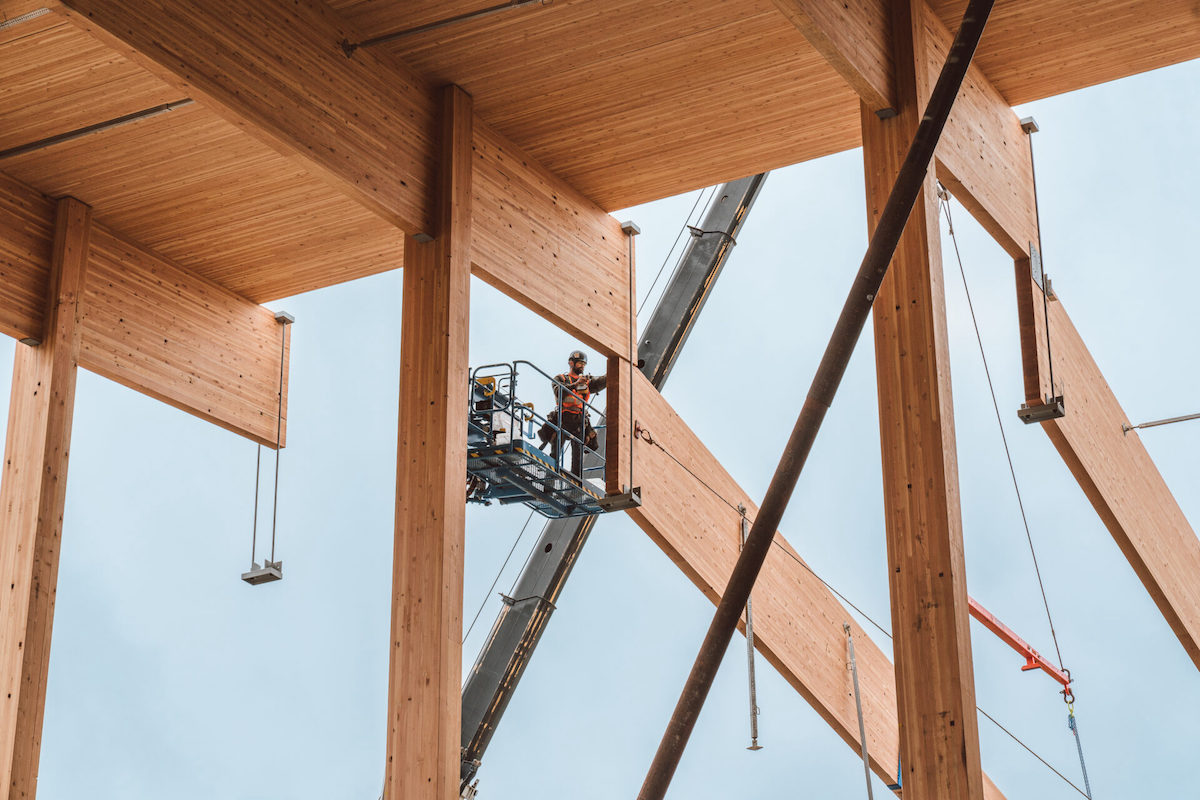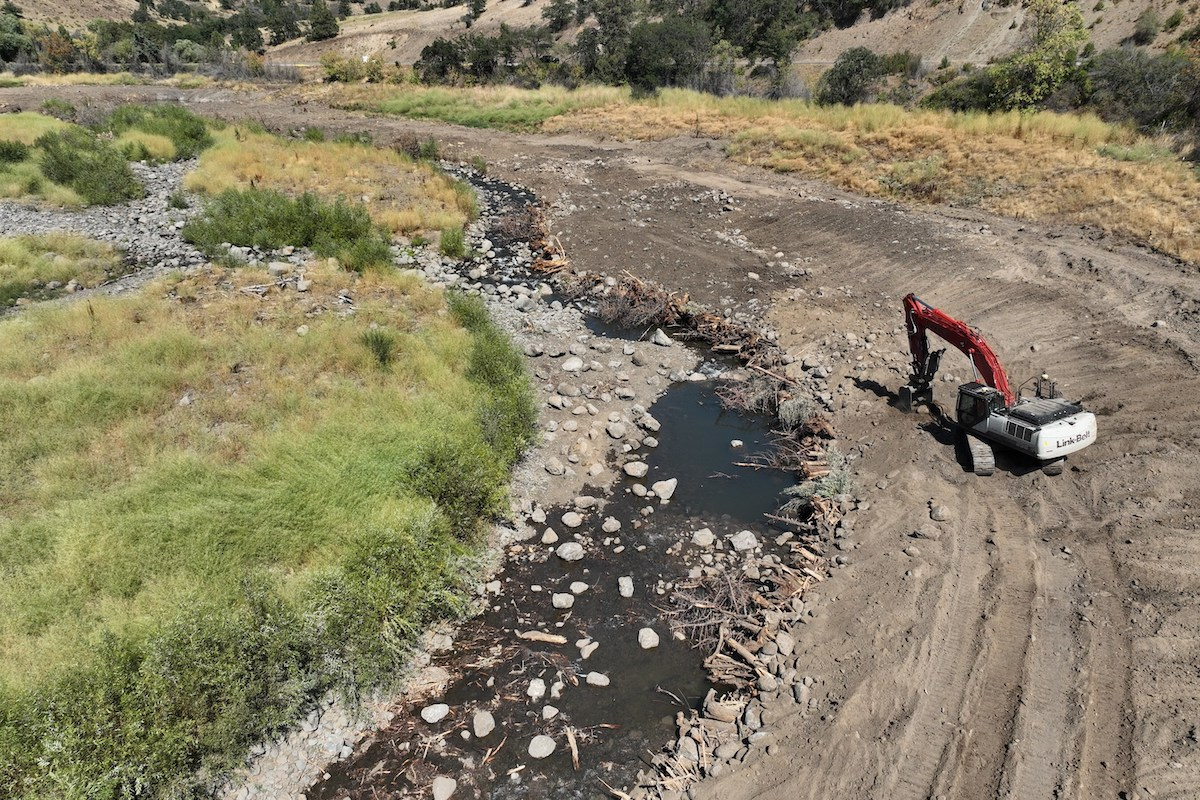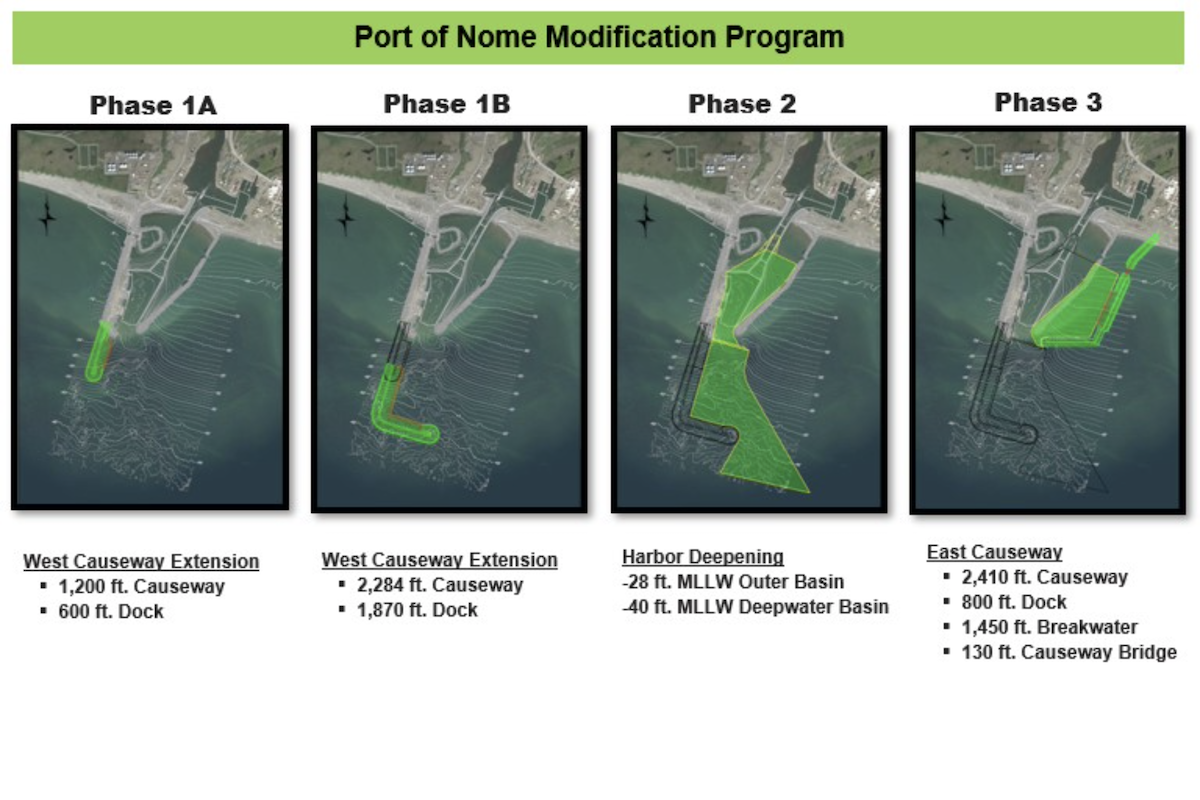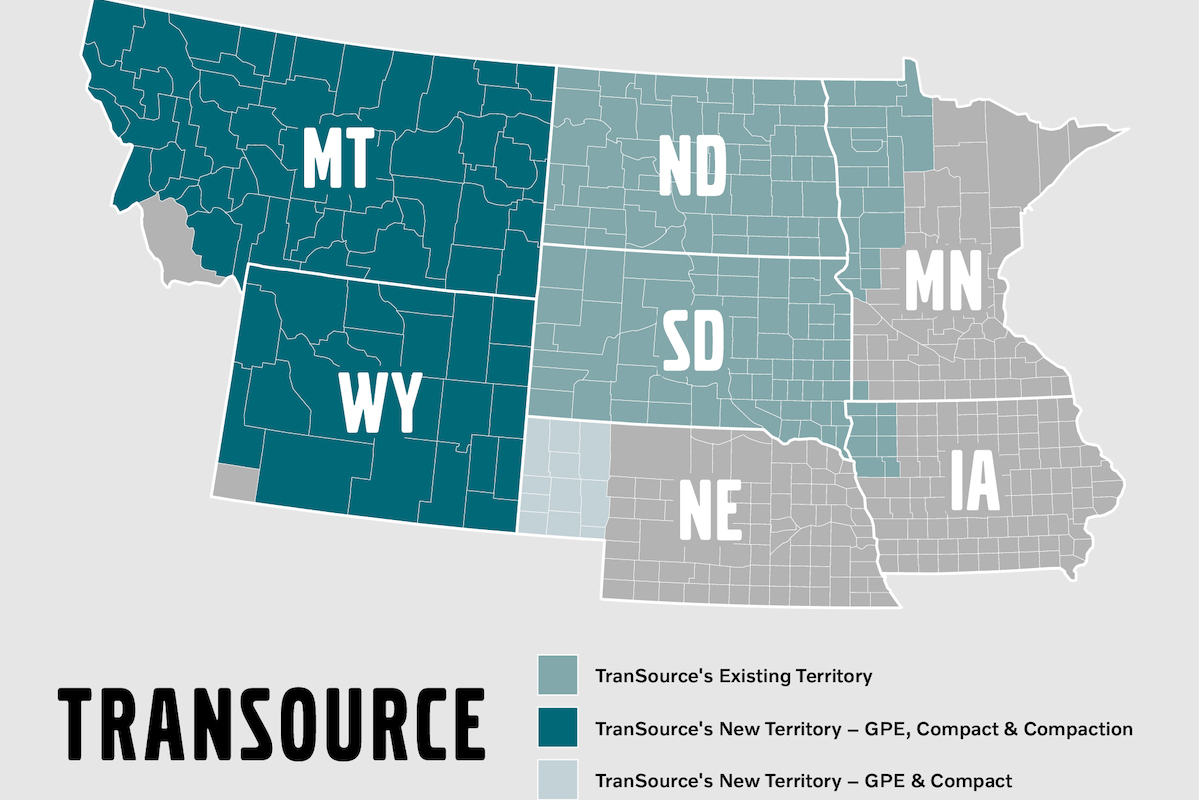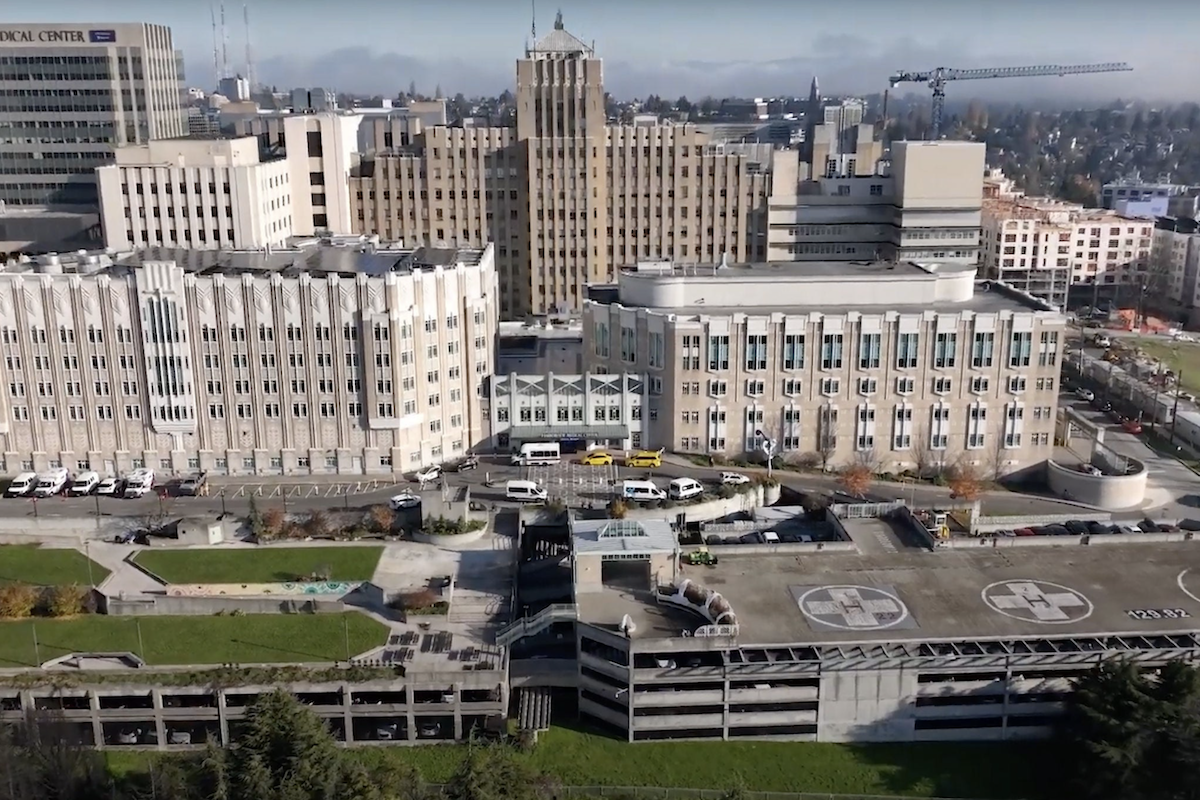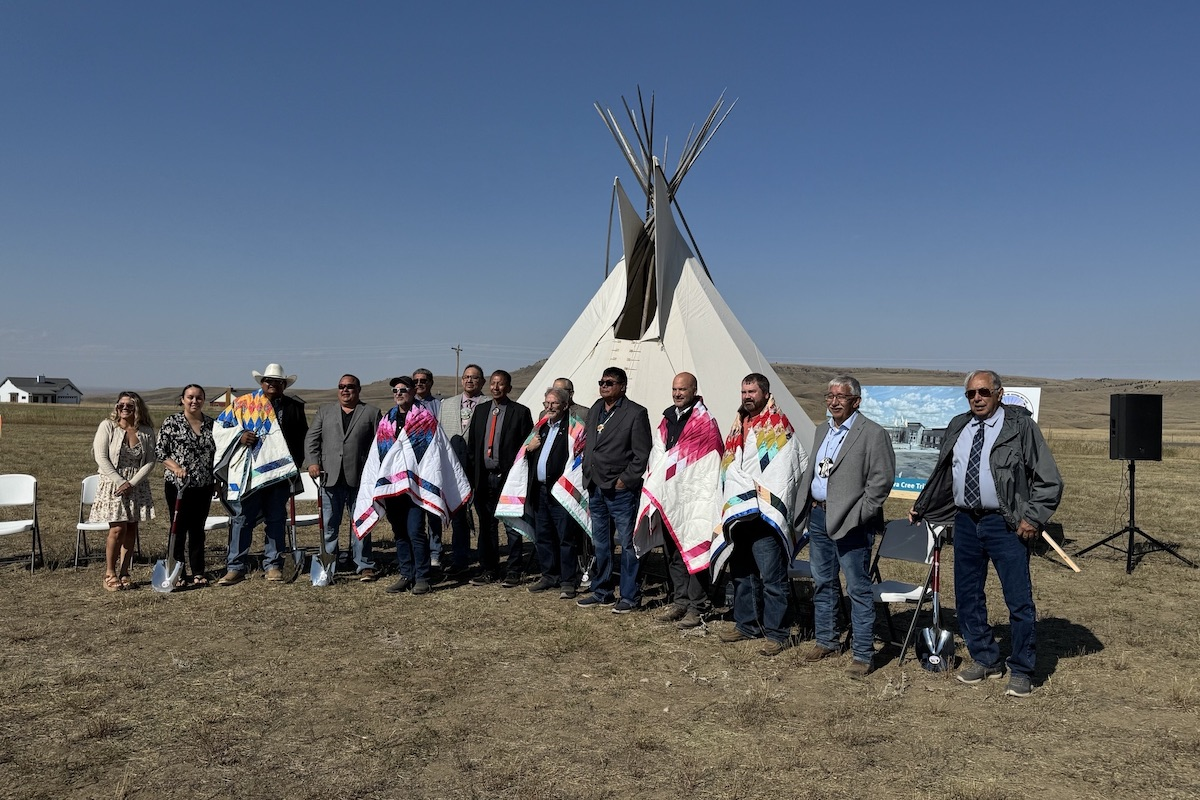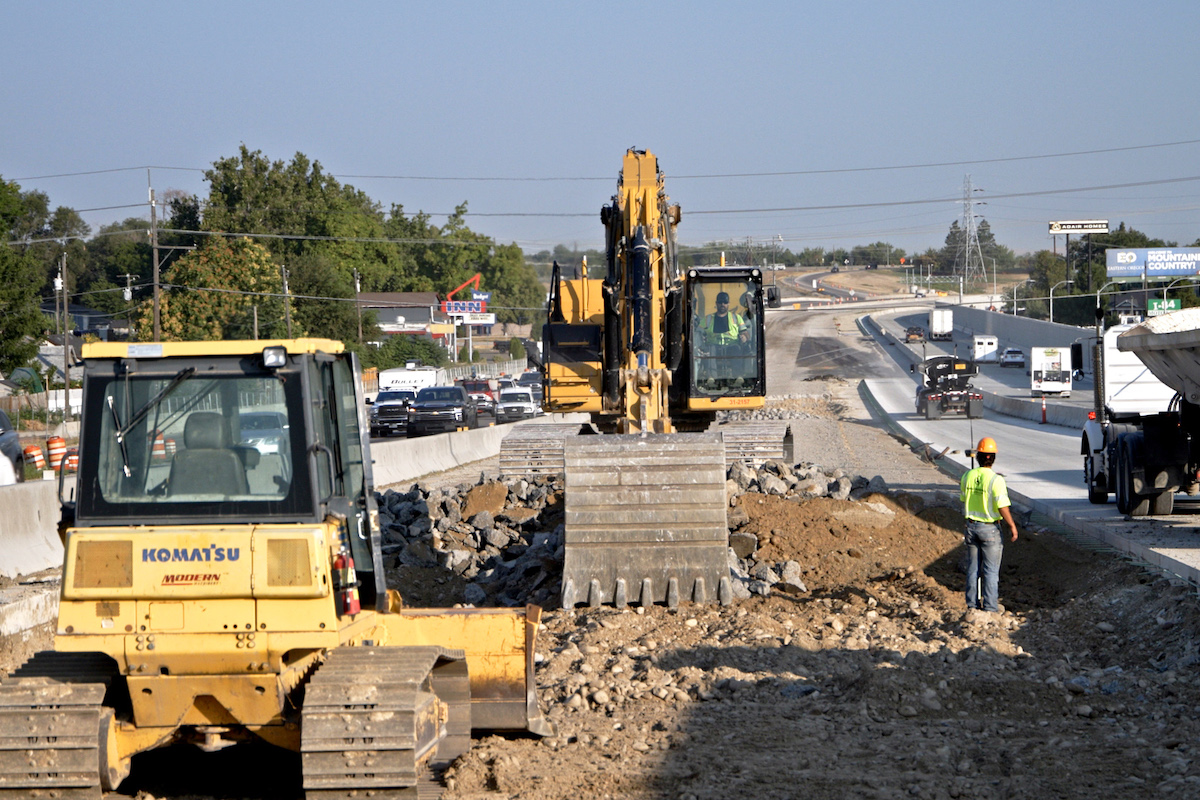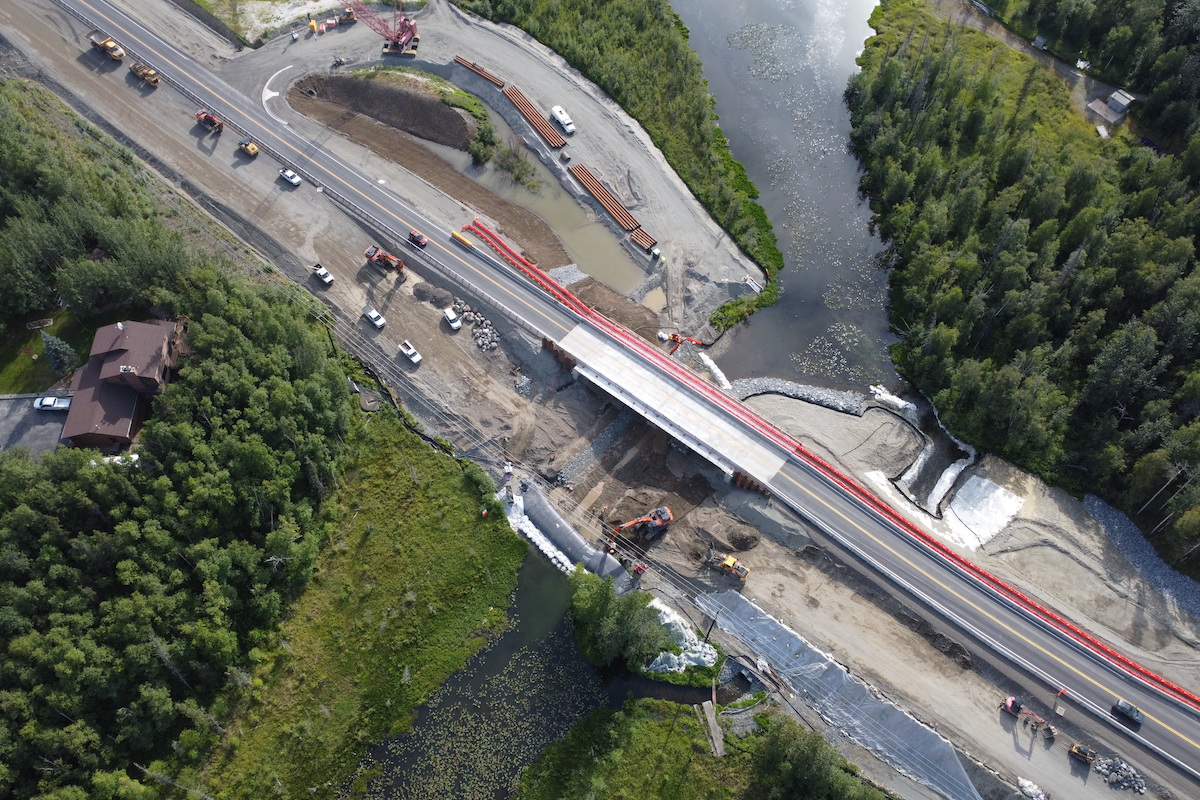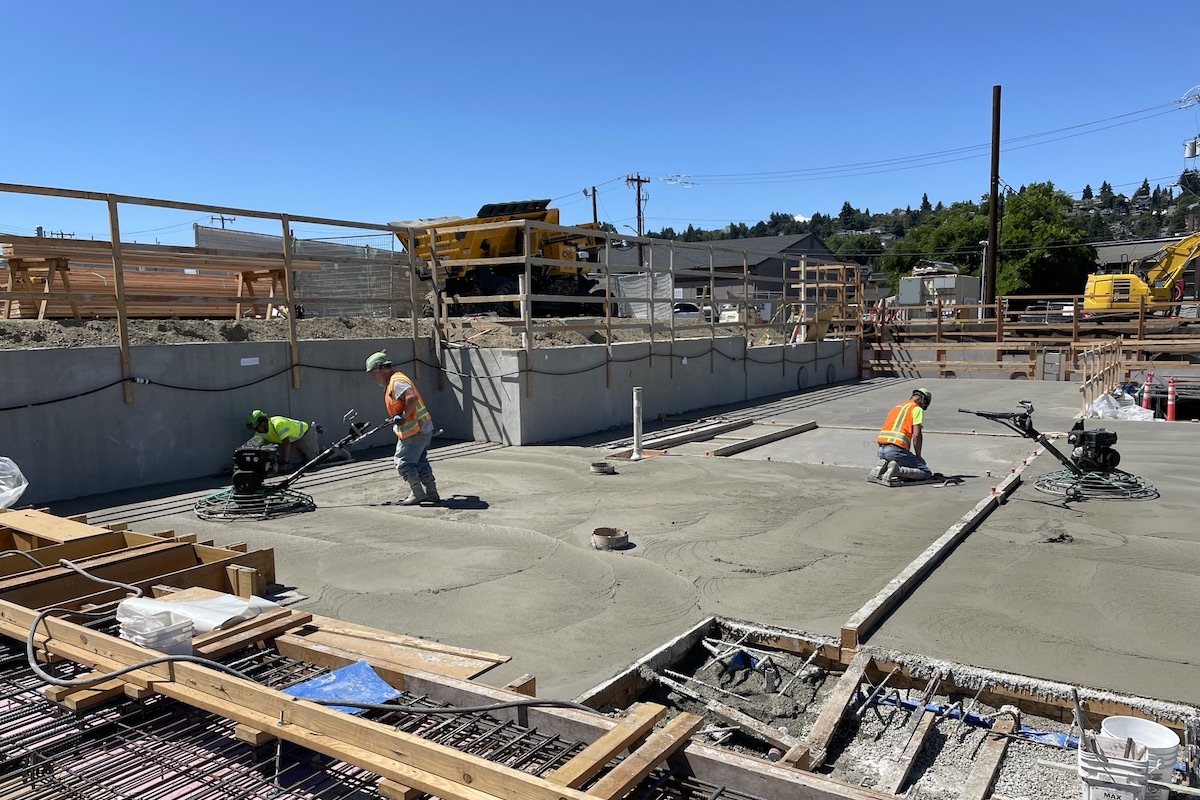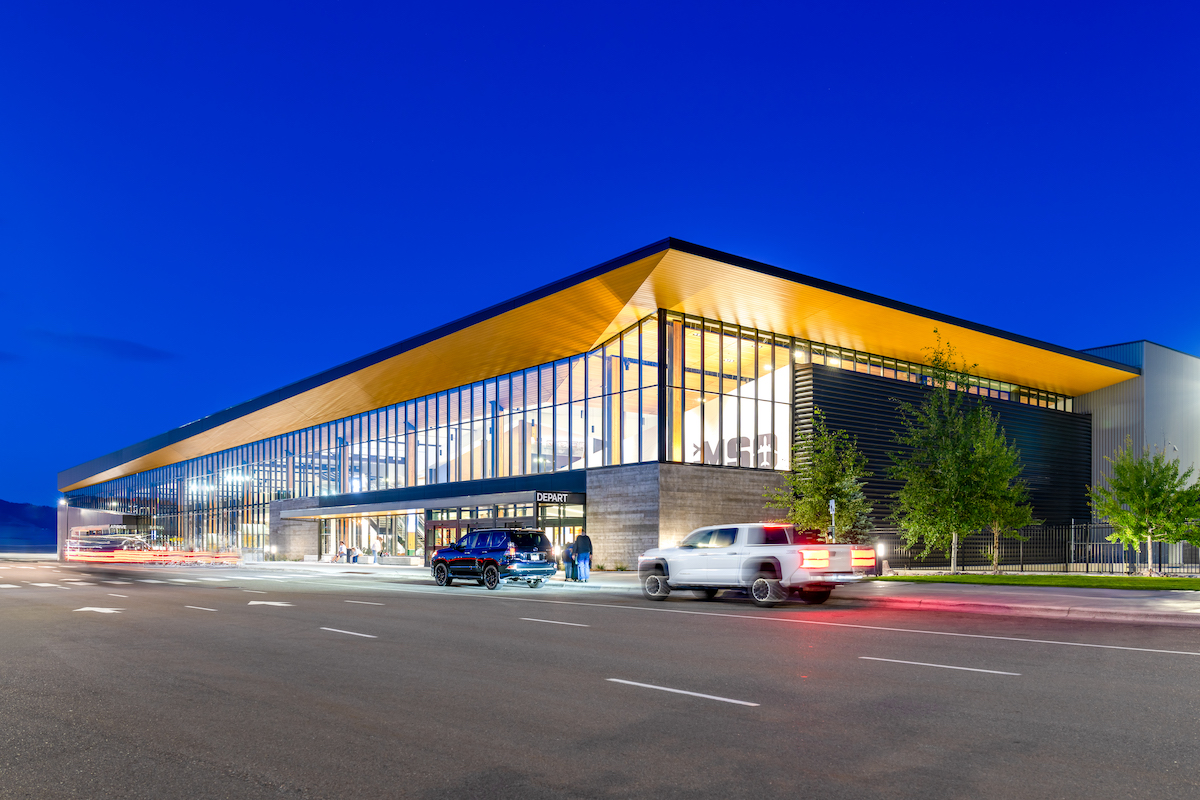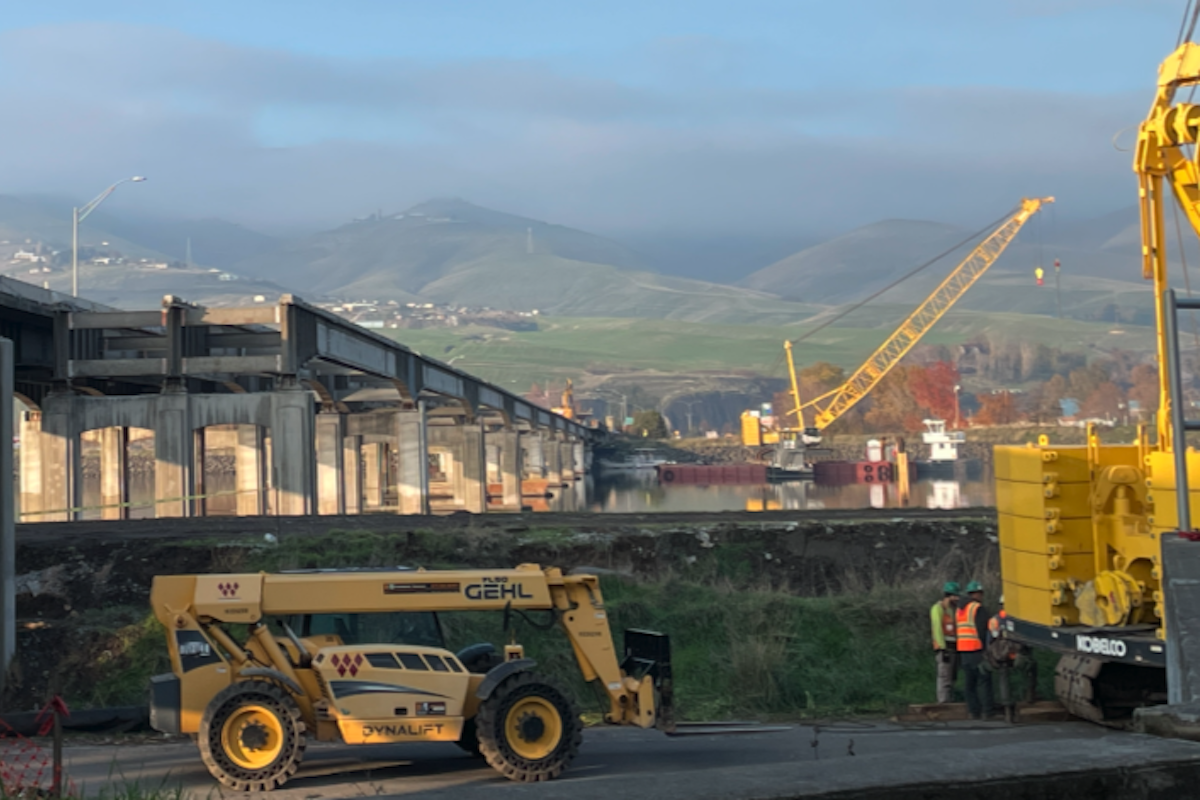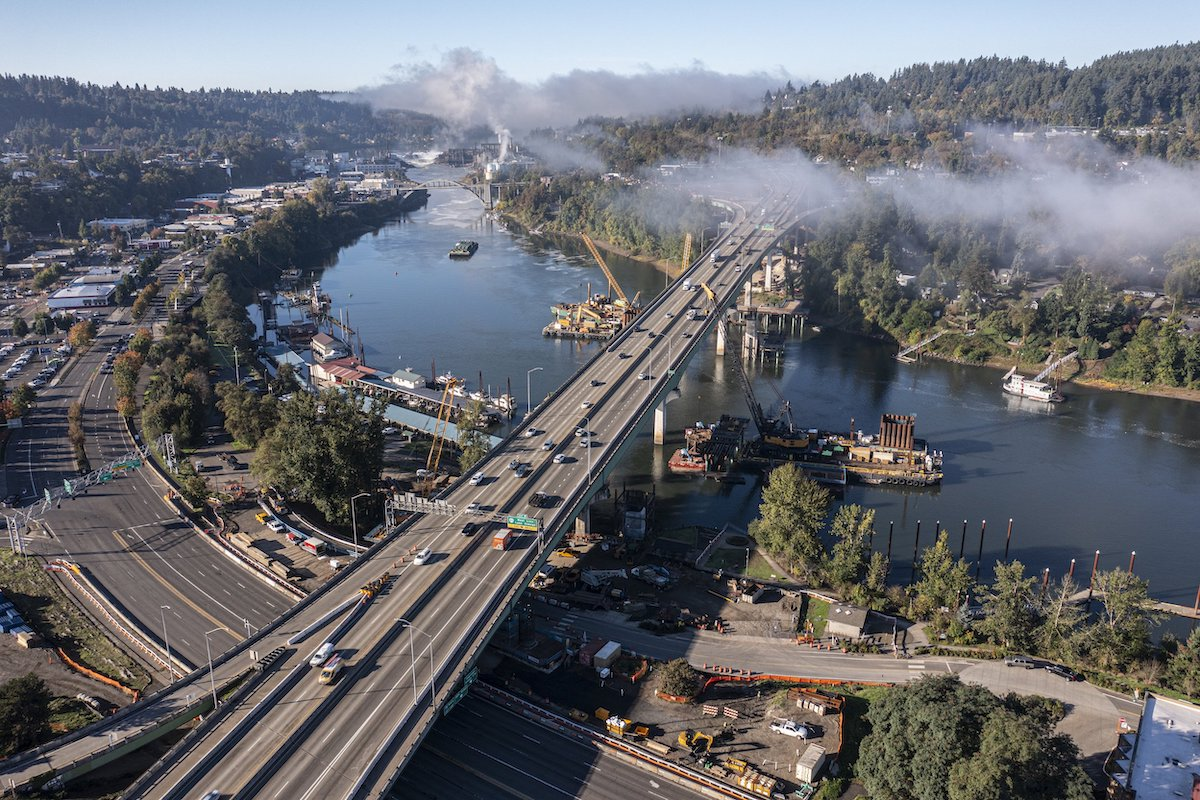The main reason for the project is to repair aging and rutting along the road. The repairs are needed to extend the life of the highway and smooth out the ride for travelers. Other work includes resurfacing several bridges and repairing an off-ramp where the bridge surface has deteriorated.
ODOT Resident Engineer Amer Hmidan says the project is ultimately about safety and includes multiple safety improvements including:
- Installing an impact attenuator that absorbs contact and reduces damage to structures, vehicles, and motorists
- Replacing weigh-in-motion loops on the freeway
- Replacing signs to improve visibility
- Installing and repairing bridge deck membranes and joints
- Installing durable pavement markings
- Installing shoulder and rumble strips
- Replacing some median barriers
- Improving drainage and addressing drainage issues that cause safety concerns
In addition to fixing the pavement surface of the tunnel, the team is repairing deteriorated and damaged portions of the reinforced concrete Toothrock tunnel liner.

| Your local Volvo Construction Equipment dealer |
|---|
| PacWest Machinery |
The team is using Premixed (Polyester) Polymer Concrete (PPC) in the tunnel and along the highway. According to Hmidan, PPC is innovative material. It can be placed in thin layers, is a durable and high strength material, but expensive.
However, the team needed to do less grinding of the current concrete to put down PPC, which is a cost savings when compared to full depth concrete replacement. To put down PPC, the surface needs to be dry and the weather needs to cooperate. This is a challenge as the weather in the gorge can change quickly and is often unpredictable.
Despite that, there have been 24/7 lane closures in the tunnel four days a week – Sunday to Thursday. Because the tunnel is tight and the team is doing a full-depth repair in some areas, they have to shift traffic into one lane. “Between grinding, prepping, placing, and cure time for the PPC, it can’t be done on one day a week,” Hmidan says.
“We can’t close it during the summer because it’s a highly frequented area,” adds Paul Scarlett, an Area Manager for ODOT.
The closures caused a few inconveniences as wide loads travel through the tunnel. The average daily traffic count in the vicinity of the tunnel is over 29,000 vehicles. ODOT worked closely with the Mobility Committee to limit the days and duration of lane closures to reduce the impact on the tracking industry and traveling public.
Similarly, the team needed to be thoughtful in how they stage the work outside of the tunnel. During the summer, there have been lane closures while performing paving work and the team has worked at night. Traffic was shifted to the shoulder to accommodate the construction.
One of the subcontractors, Roger Langeliers Construction (RLC), fabricated an innovative side-mounted paving screed for the PPC work in the tunnel. “It allows them to pave narrow swaths of concrete with PPC overlays and inlays,” Hmidan says.
The project cost is $23 million and is currently on budget. Funding for the project was provided by federal funds primarily from the Statewide Bridge and Interstate Paving programs. Hmidan credits the good partnering relationship between ODOT and the contractor, good design, and the contingencies that account for risk for enabling the project to be constructed within budget. He notes that there have been some changes to the project schedule to accommodate freight and mobility restrictions and to accommodate wide loads.
Originally scheduled to be complete in the fall of 2022, at the time of publication the project is now expected to wrap up by the end of June 2023. Scarlett points to the bid award process as one reason the project completion date was pushed back. “It took a while for agency to award the bid. When they did select Kerr, the contractor couldn’t start the project early enough to meet the initial deadline.”
He adds that once the contractor had to close for the season and come back the following year, extra time and costs were incurred. Weather and the mobility restrictions to accommodate freight are other reasons for not being able to complete all the work in 2022.
When the Columbia River Highway paving and Toothrock Tunnel project is complete, drivers along the scenic highway – including tourists looking to explore the Columbia River Gorge – will enjoy a safer ride. The proactive project also allows ODOT to extend the life of the highway and keep roads in good condition for all motorists.

















